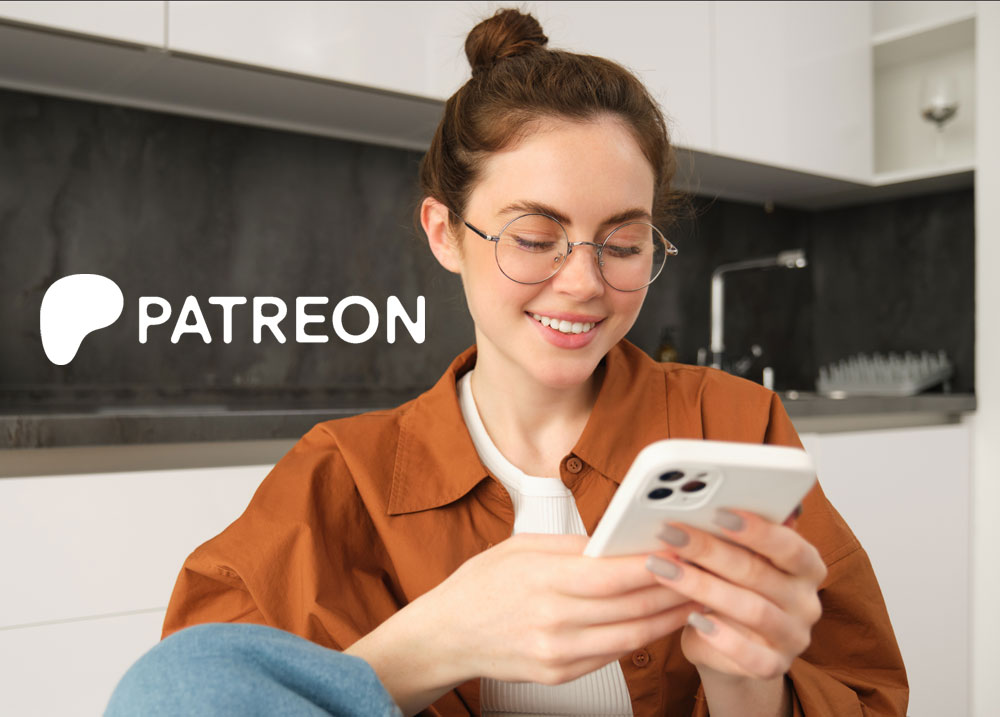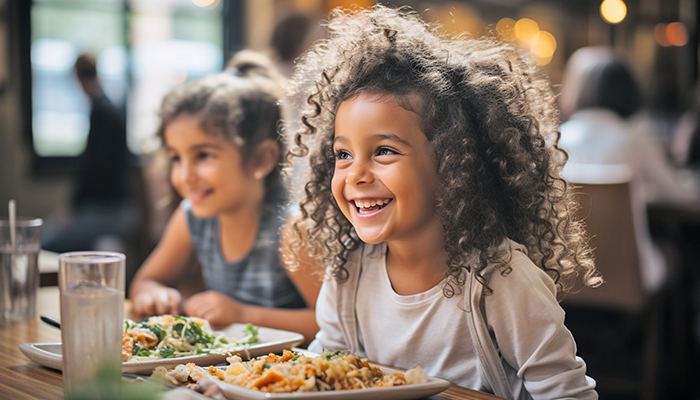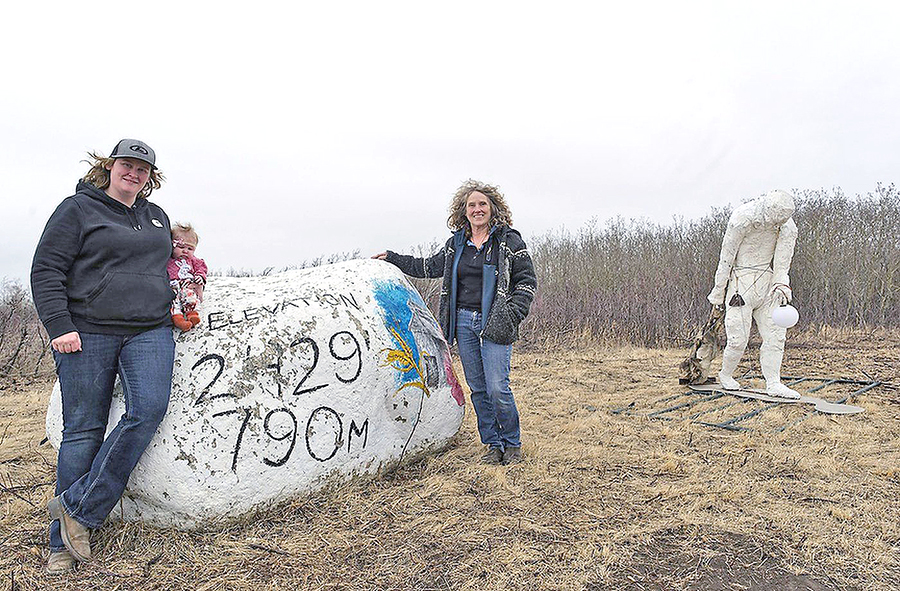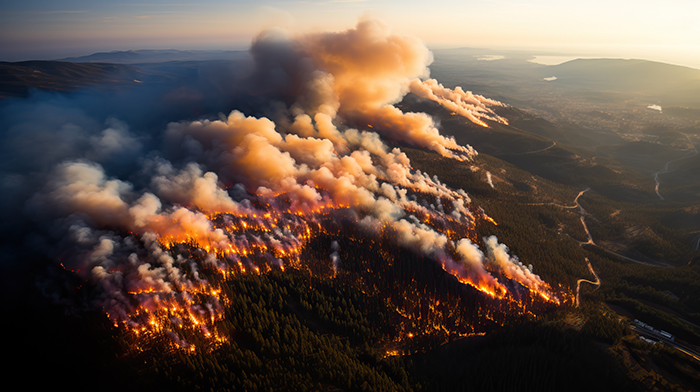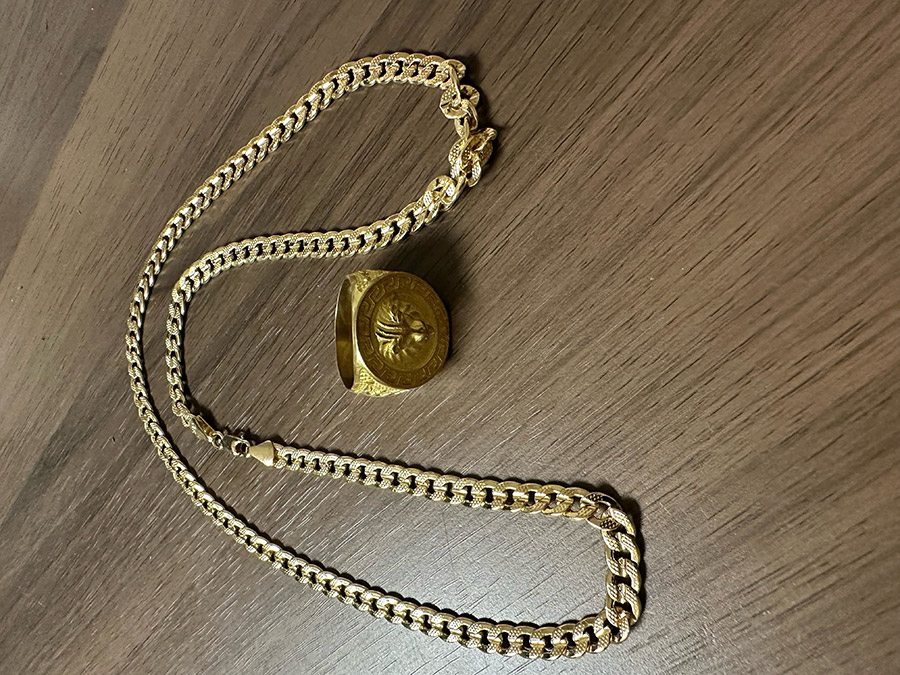Flagstaff Waste tells public wish-cycling is not the same as recycling
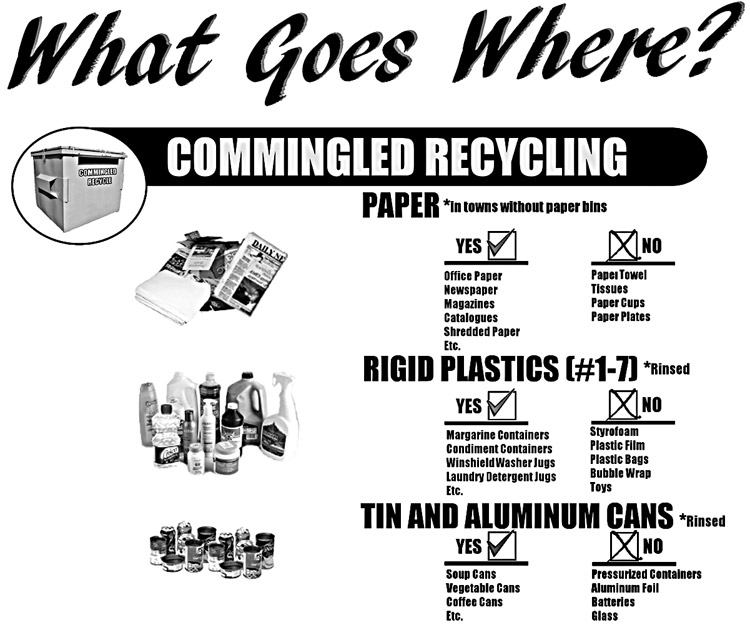
The first week that one of the big yellow Flagstaff Waste commingled recycling bins was in Killam, someone deposited two coffee makers into the bin.
This doesn’t just ruin it for all fellow recyclers in terms of turning a bin of what’s meant to be recycling into a bin destined for the landfill, it’s also the worst form of recycling, wish-cycling.
Wish cycling is when, in the course of collecting items to be recycled, you’re wishing you are correctly deciding which items can be recycled.
Wish cycling can also take the form of wishing an item were recyclable, and including it because you can’t bear to throw it out.
Examples of items that are often wish-cycled include plastic bags, plastic clamshells, styrofoam, and batteries.
When these types of items are thrown into the bin, it compromises the entire bin.
It’s extremely counter-productive for successful recycling programs because putting it into the recycling bin cancels the efforts you and everyone else who put their legitimate recycling into the bin have made.
Flagstaff Waste Management, the Society that runs our landfills and recycling programs, is owned by every municipality in Flagstaff and the Village of Rosalind.
Flagstaff Waste does not have the manpower to physically sort recycling bins, and so they have been hiring a contracted service to do the sorting, separating plastics, tin, and paper.
There’s no cost savings in running a recycling program. Flagstaff Waste Manager Murray Hampshire says they’ve been paying Materials Recycling Facilities (MRFs) to take the mixed loads.
The real savings is keeping the items out of our landfill, and extending its useful life for as long as possible.
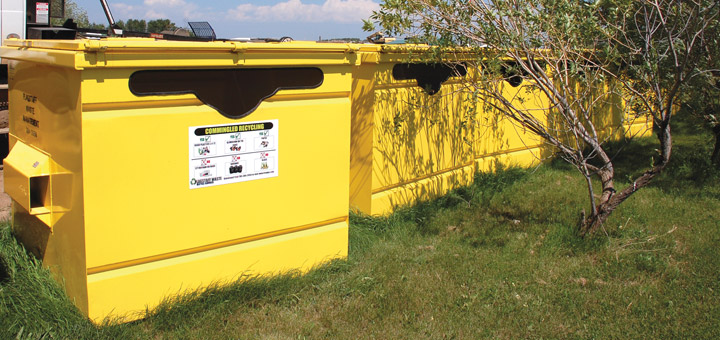
Up until the end of 2017, the MRFs were responsible for sorting mixed loads into individual recycling streams, and then sending them to the end users. But when China changed their rules for contamination levels when accepting recycled plastic, the MRFs were not able to hit new targets of 0.5 per cent contamination, creating a backlog of recyclables that do not meet the contamination standard.
As MRFs bring in more hand-sorters, the cost to process commingled recyclables jumped from $55 per tonne to $95.
The number of contaminants plucked out of the stream has also jumped up dramatically, where nearly half of the materials from current commingled programs are finding their way to landfills.
In a report to owner municipalities, Hampshire included a characterization of one week’s actual commingled recyclables, including items collected in the yellow bins, and the Sedgewick and Killam Blue Bag pilot projects (now discontinued.)
Not surprisingly, given the coffee maker example, the report says 32.3 per cent of the material collected is not recycling marketable and destined for disposal in a landfill.
Contaminates as high as 20 per cent was also recorded, which include non-eligible plastics, like styrofoam, plastic bags and plastic film, as well as toys, oil jugs, household garbage, cat litter, and food waste.
Hampshire notes that those figures take into account the fact that Flagstaff Waste tends to be somewhat lenient in classifying ‘contamination.’
“But in MRFs, if any material is contaminated by oil from jugs, cat litter, food waste, or spillage from non-rinsed containers, it is deemed ‘contaminated’ and disposed of in the landfill.”
Flagstaff Waste is in the process of changing their recycling programs, after determining what markets are available for what recycled materials, and what materials there’s no longer a market for.
In order to run a successful recycling program that will benefit all, users must take the time to learn what is recyclable, and properly prepare containers and materials to be recycled.
Above all, we need to stop wish-cycling.
Flagstaff Waste will outline changes to their recycling program at summer’s end, and in the meantime will continue to collect items in the yellow commingled bins.
Originally published in the July 11 edition of The Community Press – on newsstands now!
NEVER MISS AN ISSUE! Become a Subscriber today! CLICK HERE!
Print is still the most effective medium. Attract LOCAL customers by supporting LOCAL media. ADVERTISE!
ads@thecommunitypress.com
Leslie Cholowsky
Editor

